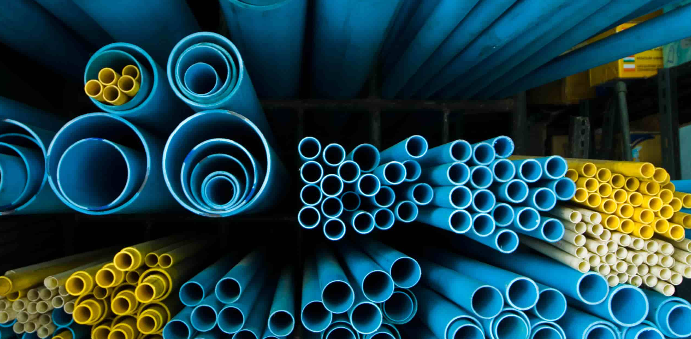Mastering the Art of HDPE Recycling: WasteTrade’s Proven Methods and Benefits
Mastering the Art of HDPE Recycling: WasteTrade’s Proven Methods and Benefits
Blog Article
Recycling and the management of waste are becoming increasingly important in the present world as we work towards sustainability. The most commonly utilized materials in our everyday lives is High-Density Plastic (HDPE) that can be found in a variety of products such as plastic bottles, containers, and packaging. However, improper disposal of HDPE can lead to environmental damage and even harm to wildlife. This is where WasteTrade comes in - an organization that is specialized in efficient HDPE Recycling to help protect the natural environment.

WasteTrade offers a unique option for HDPE recycling by using advanced technology and innovative techniques. The process starts with collecting post-consumer waste from a variety of sources like homes, businesses and industrial facilities. The waste collected is sorted based on its color and type before being shredded into small pieces.
Next comes the washing process where the shredded plastic goes through several stages of cleaning using detergents and hot water to get rid of any impurities or contaminants. This makes sure the purity of plastic when flakes can be utilized for further processing.
The flakes cleaned of dirt are reduced to pellets, which could be utilized as raw materials to make new products. These pellets have the same characteristics as virgin plastic, but with significantly lower energy consumption when manufacturing, which makes it an environmentally friendly option.
One of the main strengths of WasteTrade is the ability they have to recycle different types of HDPE plastics including those with complex shapes, or multiple layers such as yogurt cups or shampoo bottles. This differentiates them from traditional recycling methods that typically struggle with these kinds of plastics.
Additionally, WasteTrade also offers customized solutions for companies looking to recycle their waste on site with their mobile recycling units. This not only reduces transportation costs but also promotes circular economy practices in companies by reducing the loop around the production of their own waste.
But WasteTrade's efforts don't stop with efficient recycling methods - they also prioritize sustainability in their operations. The company makes use of renewable energy sources, like solar power to run their facilities, which helps reduce their carbon footprint and promoting sustainable energy sources.

Conclusion: WasteTrade's commitment to efficient HDPE recycling does more than protect our environment but also promotes the circular economy by decreasing the need for virgin plastic production. Their innovative methods that are sustainable, environmentally friendly, and a commitment to community participation makes them an industry leader in the area in the field of managing waste.
Individually, we can also contribute by getting rid of HDPE waste in designated recycling bins, or supporting companies that prioritize environmentally sustainable practices, such as WasteTrade. Let's all work together to create sustainable and greener living for generations to come.
Report this page